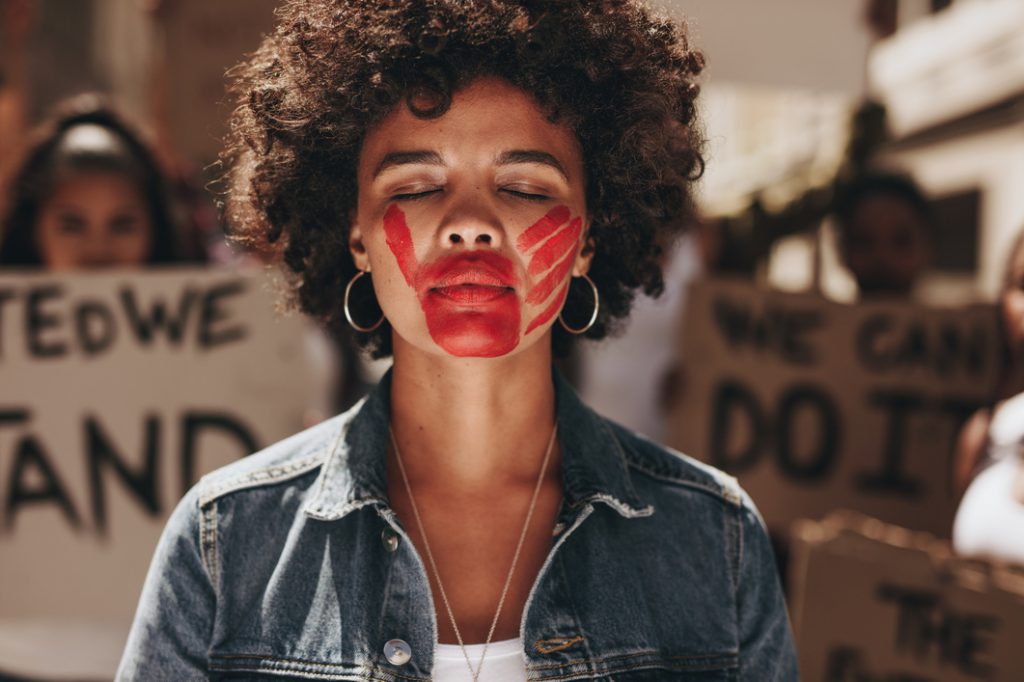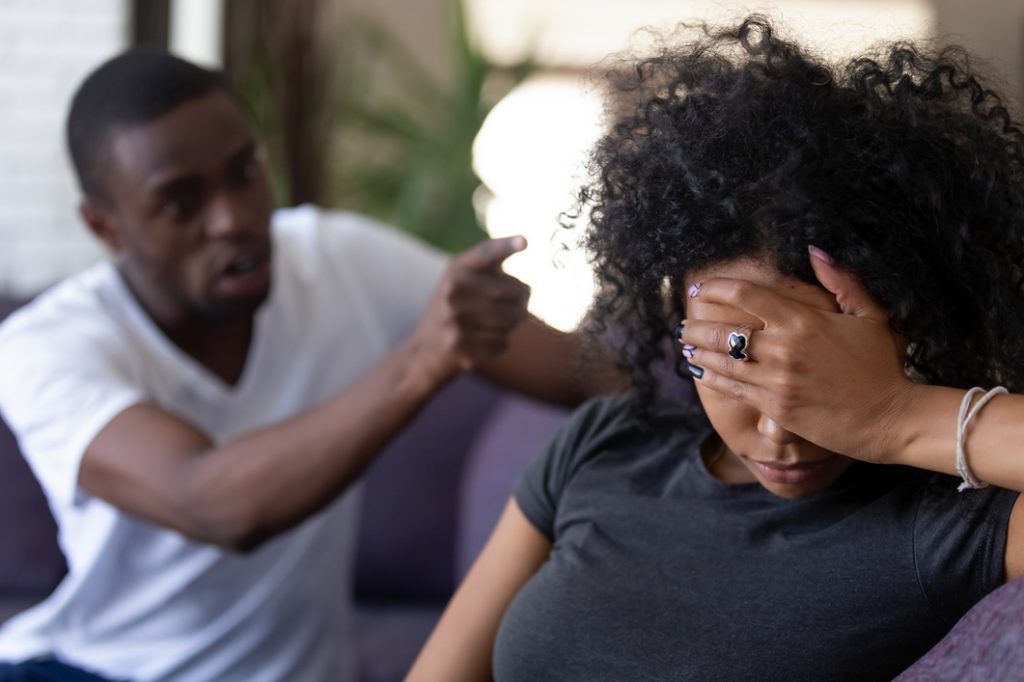International Day for the Elimination of Violence Against Women: The Work Continues
by Carolyn Lee Nov 25, 2019

In November 2016, a special reporter for the United Nations published research on violence against women in the Caribbean.
Jamaica, Trinidad and Tobago, Barbados and Dominica were covered in the report.
Findings showed that violence against women in the region is widespread. The report cited data from the United Nations Crime Trends Survey (CTS).
Women in The Bahamas, St Vincent and the Grenadines, Jamaica, St Kitts and Nevis, Dominica, Barbados, and Trinidad and Tobago experienced an above average rate of rape.
Domestic violence was noted as a strong contributor to female homicides and shootings, with sexual assault and forced sexual initiation also listed as common factors.
According to the United Nations Women, “violence against women and girls is a grave violation of human rights.”
Dedicated efforts to end violence against women worldwide has resulted in several international agreements.
These agreements include the Convention on the Elimination of All Forms of Discrimination against Women (CEDAW) and the UN Declaration on the Elimination of Violence against Women.
International Day for the Elimination of Violence Against Women is acknowledged on 25 November annually.
In recognition of the day, we are looking at how to identify abusive relationships and where to seek help.
Most female victims of violence do not report being attacked.
This is usually because victims are ashamed, fearful of the stigma surrounding it, or they choose to keep silent.
Violence against women and girls has a serious impact on the victim and their family. It can prevent victims from fully contributing to society.
Common examples of violence against females include:
- Child marriage, genital mutilation, human trafficking (sexual exploitation, slavery).
- Intimate partner violence such as marital rape, beatings, psychological abuse, and femicide (the intentional killing of women or girls).
- Sexual violence and harassment (rape, forced sexual acts, unwanted sexual advances, child sexual abuse, forced marriage, street harassment, stalking, cyber-harassment).
- Human trafficking (slavery, sexual exploitation).

How to tell if you are in an abusive relationship:
- You are fearful of your partner.
- Your partner tries to control you or restricts your freedom.
- You think negatively of yourself (self-hating thoughts).
- You feel helpless and desperate most of the time.
- You are careful with what you say, so as not to upset your partner.
- Your partner threatens to commit suicide if you leave.
- Your partner physically hurts you, threatens to hurt or kill you.
- Your partner destroys your belongings.
- Your partner forces you to have sex.
- Your partner is overly jealous and possessive.
Here’s where you can get help:
Jamaica and other Caribbean nations have implemented laws that target the elimination of violence against women.
In Jamaica and Trinidad and Tobago, some of these laws fall under the Domestic Violence Act.
In Barbados, it is referred to as the Domestic Violence Protection Orders.
The Bureau of Gender Affairs in Dominica produced the Protection Against Domestic Violence Act Booklet.
While there are laws in place, violence against women and girls continues to be a serious problem. The fight continues.
Persons seeking help can contact the Bureau of Gender Affairs. Added to this, there are several support groups and external agencies that assist victims of abuse.
If you or someone you know needs professional help, search Find Yello for therapists and psychologists near you.
Sources: UN Women, Jamaica Parliament, Help Guide, Ministry of the Attorney General and Legal Affairs and United Nations.








